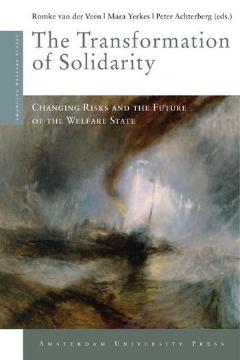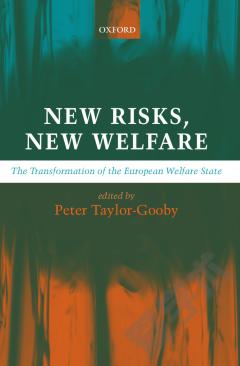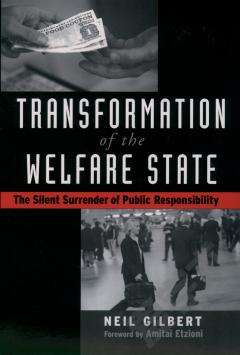Transformation of Solidarity —— Changing Risks and the Future of the Welfare State
----- 团结的转变、变化的风险和福利国家的未来
This study investigates the consequences of processes of social individualisation and economic globalisation for welfare state solidarity. Solidarity is defined as the willingness to share risks. The institutions of the welfare state, such as social security or health care insurance, are founded on the willingness of citizens to share risks and organize solidarity between the young and the old, between the healthy and the sick, between the working and the unemployed. Processes of individualisation and globalisation affect these risks and in this study the authors investigate how and to what extent these changes influence the way risks are perceived by the public, what this means for the willingness to share risks and how this is translated in risk management strategies in firms, unions and administrative agencies.
{{comment.content}}








 京公网安备 11010802027623号
京公网安备 11010802027623号